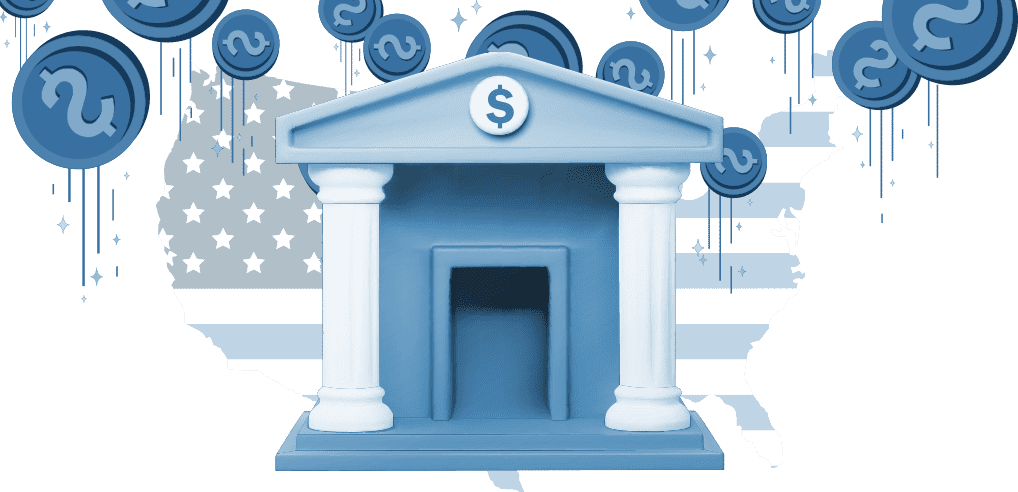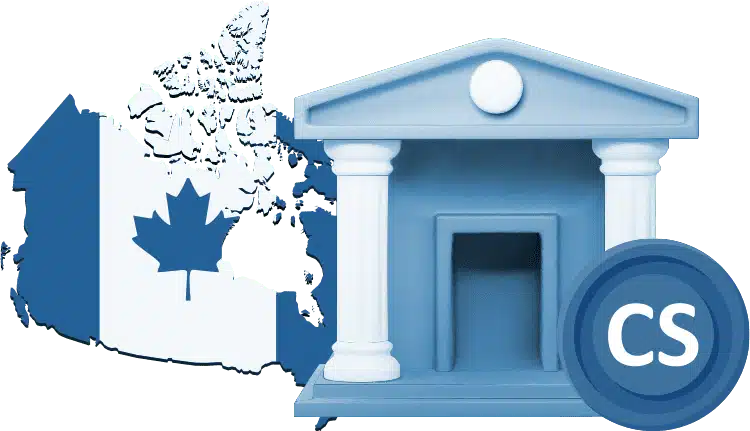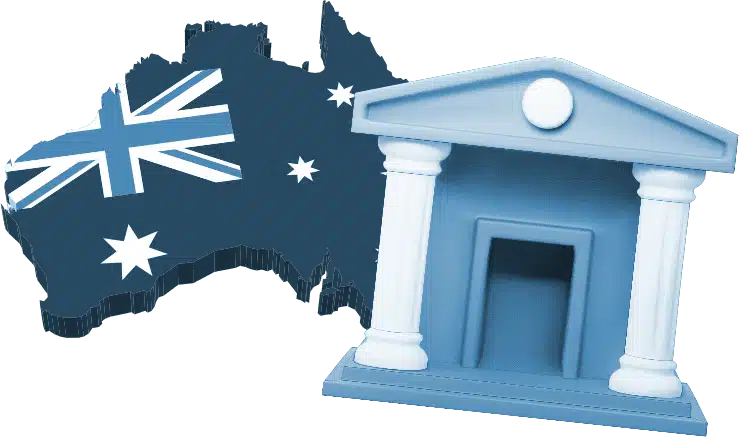
X
- Products
- Markets
- Commodities trading
- Academy
- Trading Platforms
- Trading Info
- Education
- Partners
- About
- Professional Trader
- Help
- Help
- Contact Us
- Chat with us
- FAQ
- WhatsApp WhatsApp
- Interest Rates.Central banks can hike or cut interest rates when lending to other banks. Rate hikes make the underlying currency more expensive, which limits supply. Rate cuts increase supply, making the underlying currency cheaper.
- Direct Involvement in the Market.Central banks can engage in the open market by directly buying or selling government bonds and treasuries or commercial debt. This can increase the supply of money in the economy or reduce it.
- Minimum Reserve Requirements.Central banks institute minimum reserve amounts that other banks must hold at any given time. If the amount is raised, banks will have fewer resources to offer their services; but if the amount is reduced, the banks will have more resources to serve their customers.
LoginGLOBALEU- Home \ Education \ Economic Indicators \ Central Banks
Central Banks
Get the information you need to understand how central banks manage their local currency and economy.
 Central banks are tasked with the regulation of other banks in the country as well as the formulation and implementation of monetary policies that will help grow and sustain the underlying economies. This important role is the main reason why central bank meetings are crucial events for market participants.
Central banks are tasked with the regulation of other banks in the country as well as the formulation and implementation of monetary policies that will help grow and sustain the underlying economies. This important role is the main reason why central bank meetings are crucial events for market participants.Open a Demo account to practice what you’ve learned or a Real account to start trading today!
What Is The Function Of Central Banks
Major global central banks meet periodically to set the monetary policy environment that will help them to realise their objectives. These objectives can be target inflation, the unemployment rate and overall GDP. A major threat to sustainable economic growth is price stability, and this generally tops the agenda of central bank meetings. In addition to targeting inflation, central banks can also directly interfere in the markets to influence the demand and supply of money.To achieve their motives, central banks utilise various tools that include:Most Important Banks in the World
The most important central bank in the world is, without doubt, the US Federal Reserve. This is because of the country’s standing in the global economy as well as the power of the US dollar in international trade. Other influential central banks include the European Central Bank (which covers the bulk of Europe), Bank of England, Bank of Canada, Bank of Japan, People’s Bank of China, Swiss National Bank, South African Reserve Bank, Reserve Bank of New Zealand, and the Reserve Bank of Australia. It is important to track the periodic monetary policy meetings of these banks using the Economic Calendar tool to stay on top of major fundamental opportunities in the market.Open a Demo account to practice what you’ve learned or a Real account to start trading today!
![]()
![]()
![]()
![]()
![]()
![]()
![]()
![]()
![]()
![]()
![]()
![]()
A Must-Read
eBook for Traders
Simply fill out your email address and we will send you the eBook for FREE
We see that you are
Already an existing client.
As a valued client,
Here is a link to the e-book
Thank You! Our insightful Online
Trading eBook is
already in your inbox.
Use it wisely and start trading!
Thank You! Our insightful Online
Trading eBook is
already in your inbox.
Use it wisely and start trading!
Oops…
Something went wrong,
please try again later.
























